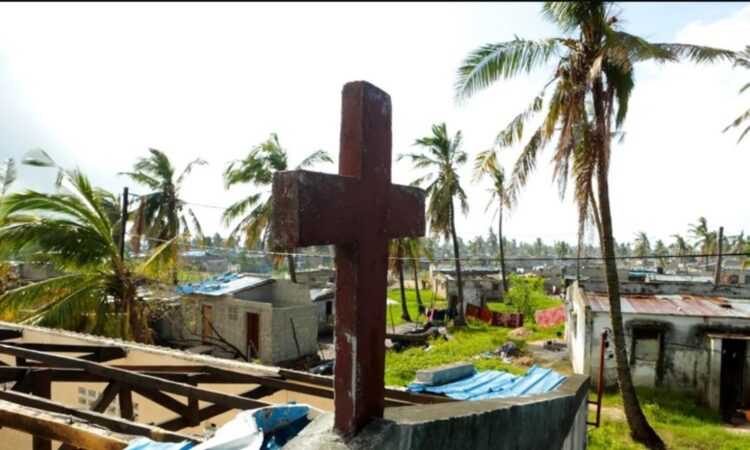
A new report says that more than 30 Christians were brutally killed in Mozambique last month, and several churches and homes were burned down during a wave of violent attacks. The Islamic State Mozambique Province (ISMP), a local branch of the Islamic State group, claimed responsibility for many of these assaults, which took place in northern Mozambique, mainly in the Cabo Delgado region. The group shared photos showing militants attacking Christian villages, killing civilians, and setting fire to homes and churches.
Mozambique’s president, Daniel Chapo, said that the country’s security situation had improved compared to previous years, thanks to military operations, but he admitted that the threat of terrorism still exists. The government has been trying to control extremist violence for years, but attacks continue to happen in several northern provinces.
According to the Middle East Media Research Institute (MEMRI), the latest wave of violence included several coordinated raids between late September and early October. On September 30, militants burned down one church and over 100 Christian homes in Nakioto village in Nampula Province. Another nearby village, Minhanha, saw one church and about ten Christian homes destroyed. Earlier in the same week, fighters captured and beheaded Christians in the Macomia District and burned down more than 20 homes and a church in Montepuez. There were also reports of similar attacks in Nacocha and Nacussa, where churches were set on fire and Christians were murdered. MEMRI counted around 30 beheadings during these attacks.
Open Doors, an international Christian advocacy organization, ranks Mozambique as the 37th most dangerous country in the world for Christians. The group said that Islamist extremism has caused deep suffering in the country’s northern regions, where many churches have been destroyed, pastors have been kidnapped, and countless believers have been killed. The extremists’ goal, according to the organization, is to build a strict Islamic state, and they often target Christians as symbols of resistance to their ideology.
Local church leaders describe the situation as terrifying. One pastor, who used the fake name Pastor Mario for his safety, said that Christians are being hunted, women are being raped, and entire communities are being wiped out. He explained that believers live in constant fear, unsure when the next attack might happen.
The U.S. Department of State has also warned travelers to be cautious in northern Mozambique, noting that terrorist groups remain active there. In a report from last year, the department urged the Mozambican government to work more closely with religious communities to find ways to stop the violence. It also cautioned that simply labeling the attackers as religious extremists might make the situation worse, as it could deepen divisions between Muslim and Christian communities and create misunderstandings between locals and security forces.
Despite the ongoing efforts by Mozambique’s army and help from neighboring African nations, the extremist attacks have not stopped. The country’s leaders say they are still searching for better strategies to fight terrorism and restore peace. Human rights groups and international partners, including the United States, are calling for stronger security, more humanitarian assistance for displaced families, and new programs to reduce poverty and unemployment—issues that extremists often exploit to recruit young people.
The world is now watching how Mozambique responds to this crisis. Many people believe that a lasting solution will require not just military strength but also community rebuilding, education, and efforts to heal the divisions caused by years of violence and fear.




